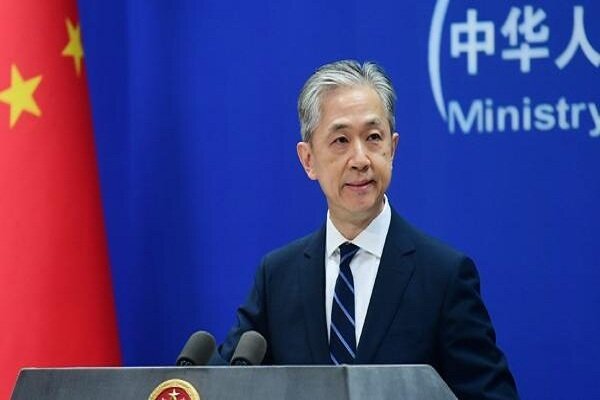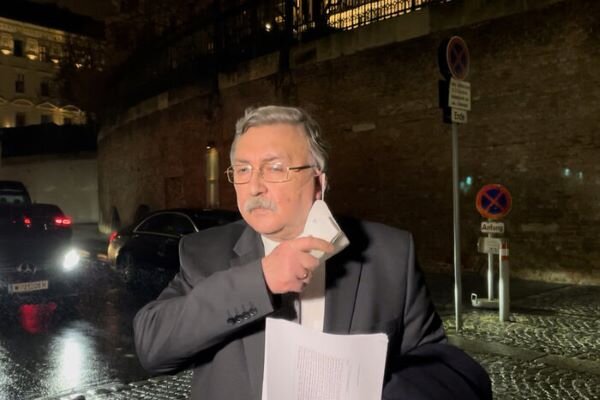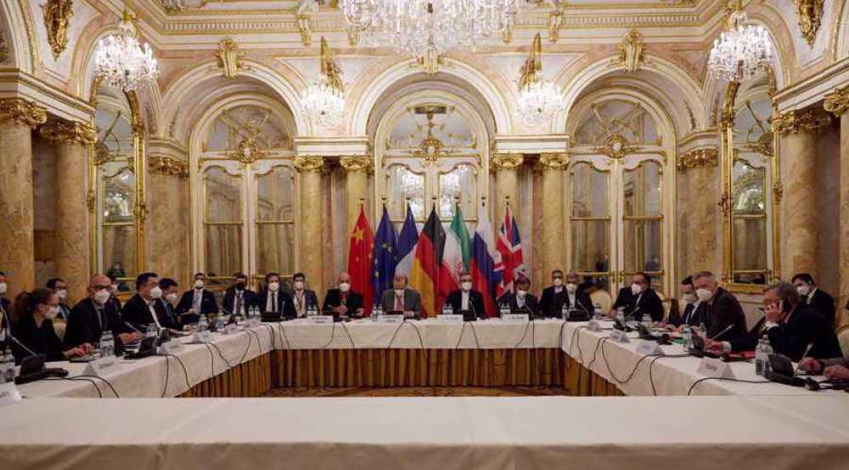Barak Ravid, the correspondent of "Axios" in a tweet quoted the United States National Security Council Spokesperson Adrienne Watson as saying, "NSC Spokesperson Adrienne Watson: This is a negotiation, with regular back and forth. We are studying the Iranian response and coordinating with our E3 allies. We will not negotiate in public. Some gaps have closed in recent weeks but others remain."
Earlier on Friday, Vedant Patel, the Principal Deputy Spokesperson for the US Department of State said the United States had received Iran's response to the EU bid to revive the 2015 nuclear deal and would formulate its own response. "We are studying it and will respond through the EU, but unfortunately it is not constructive."
In reaction to the US diplomat's remarks, the adviser to the Iranian negotiating team in the Vienna talks Mohammad Marandi in a tweet on Friday wrote, "Iran has responded as promised. It's time for the Biden team to make a serious decision. For the US "constructive" usually means accepting US terms. For Iran, it means a deal that is balanced and protected. If the US makes the right decision, an agreement can be swiftly concluded."

The Chinese Foreign Ministry Spokesperson Wang Wenbin also announced on Friday that�Beijing is reviewing Iran's response to the US.
"We are seriously investigating Iran's recent response. At first glance, the response of the Iranian side does not go beyond its permanent positions regarding the relevant issues.�We hope that all parties can actively address Iran's legitimate concerns and work towards an early conclusion of the agreement."

Meanwhile, Russia's Permanent Representative to International Organizations in reaction to Iran's response to the US through the EU coordinator in his Twitter account wrote, "So, #Iran provided its response to the latest #US proposals to the draft decision on revival of the #JCPOA."
"It seems that Iranian suggestions aren�t over-ambitious and can be accommodated provided there is the necessary political will to complete the #ViennaTalks," Mikhail Ulyanov who also leads the Russian delegation at the Vienna talks on Iran nuclear deal, added.
The United States, under former president Donald Trump, abandoned the agreement in May 2018 and reinstated unilateral sanctions that the agreement had lifted.
The talks to salvage the agreement kicked off in the Austrian capital city of Vienna in April last year, months after Joe Biden succeeded Trump, with the intention of examining Washington's seriousness in rejoining the deal and removing anti-Iran sanctions.
Despite notable progress, the US indecisiveness and procrastination caused multiple interruptions in the marathon talks.
Four days of intense talks between representatives of Iran and the five remaining parties to the JCPOA ended on August 8 with a modified text proposed by the EU on the table.
Iran submitted its response to the EU draft proposal on August 15, a week after the latest round of talks wrapped up which the bloc described as �reasonable". After submitting its response, Tehran urged Washington to show "realism and flexibility" in order to reach an agreement.
The United States, for its part, took several weeks to offer its response to Iran�s comments.
On Friday, Iranian Foreign Ministry spokesman Nasser Kan�ani said Tehran has offered its opinion on the US response to the EU draft text for the JCPAO revival.
�The text that was sent (by Iran) has a constructive approach aimed at finalizing the negotiations,� Kan�ani added.
By MEHR�











